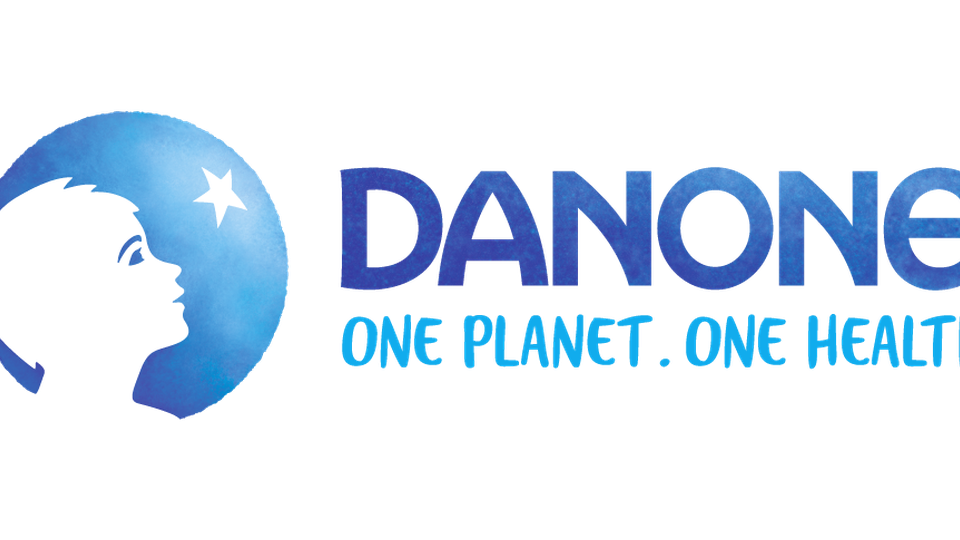Vending
Danone reorganization to cut 1,500-2,000 positions

November 23, 2020
Danone plans to reorganize under a "local first" plan that will enable value creating in a COVID world, according to a press release. The reorganization is designed to create savings of €1 billion ($1.19 billion) by 2023 and includes slashing 1,500 to 2,000 positions in local and global headquarters, up to 25% of current job positions.
"The global pandemic has accelerated a number of the patterns of the food revolution and altered others," Emmanuel Faber, chairman and CEO, said in a prepared statement. "Among the aspects that are favorable to Danone: the increased perceived relationship between health and food and notably on immunity to which fermented proteins and probiotics participate, but also the accelerated conversion to plant-based diets or the boom in e-commerce. Conversely, we are confronted with factors such as the closure of out-of-home channels affecting everywhere our water business, with the reduction of SKU ranges by our retail partners, or the announced dip in birth number dynamics, but also with the elevated cost of operating with sanitary measures and the cost of securing procurement and physical flaws of our products."
Under the new "local first" plan, business entities in countries will no longer depend on a specific global category organization but will be unified in one single local business unit playing with strength and efficiency on "local specificities" to serve clients and consumers.
Simultaneously, by giving power back to countries, the company said it will regain agility by shortening decision-making processes: for instance, by having only two decision-making levels on capital expenditure, where there are five today, or two levels to manage a brand like Activia where there are four today.
The "local works" plan is consistent with the integrated value chain organization end-to-end design-to-delivery plan the company announced in October, which will allow access new sources of productivity including through digitalization, according to the release.
After 12 months of COVID, the company believes it can return to profitable growth in less than 12 months, as soon as H2 2021 and for recurring operating margin to return to its pre-COVID levels at more than 15% by 2022.
The €1 billion cost savings by 2023 include €300 million ($356.88 million) from reduced cost of goods and €700 million ($832.71 million) related to general and administrative costs, representing around 20% reduction in overheads costs.
The company also reconfirmed its mid-term ambition of achieving 3% to 5% profitable like-for-like revenue growth. The company now targets its mid-term recurring operating margin to reach mid-to-high teen levels, with the first milestone to be above 15% in 2022.
The company also confirmed its 2020 guidance of full-year 14% recurring operating margin and the delivery of €1.8 billion ($2.13 billion) free cash flow despite more challenging market conditions in the fourth quarter created by new waves of restrictions and closures since Q3.
For an update on the coronavirus pandemic' impact on convenience services, click here.
 ChatGPT
ChatGPT Grok
Grok Perplexity
Perplexity Claude
Claude






